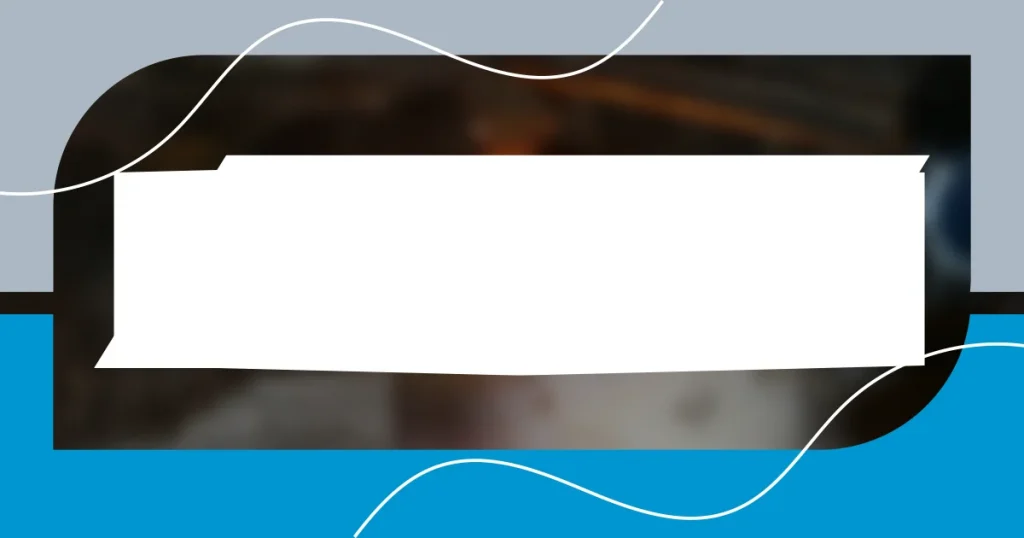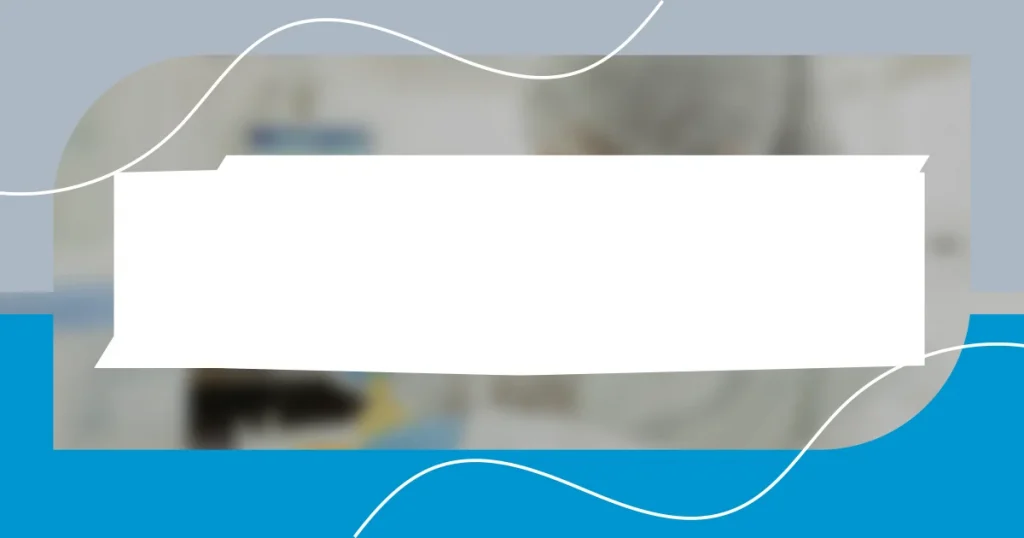Key takeaways:
- Eco-citizenship involves individual actions leading to community change, highlighting the importance of personal responsibility and interconnectedness with the environment.
- Practical steps, such as reducing plastic use and supporting local agriculture, foster community engagement and enhance personal financial savings while promoting sustainability.
- Educating others and sharing experiences can inspire collective action, transforming eco-awareness into a vibrant community movement for sustainability.
Understanding eco-citizenship importance
Eco-citizenship goes beyond mere awareness; it embodies a commitment to act in ways that protect and preserve our environment. I remember attending a community meeting where someone passionately shared how their small efforts, like reducing plastic use and starting a community garden, sparked a ripple effect. Isn’t it fascinating how individual actions can inspire collective change?
Understanding the importance of eco-citizenship also requires recognizing our interconnectedness with the planet. Reflecting on my own journey as I switched to a plant-based diet, I discovered that my choices not only benefited my health but also significantly reduced my carbon footprint. How often do we pause to consider how our daily decisions impact the world around us?
Furthermore, embracing eco-citizenship cultivates a sense of responsibility towards future generations. I often think about what legacy we leave behind. Are we nurturing a world where our children can thrive, or are we burdening them with the remnants of our negligence? This profound sense of duty drives home the critical necessity for each of us to participate in eco-friendly practices actively.
Benefits of being an eco-citizen
Embracing eco-citizenship can lead to transformative benefits in both personal and community contexts. For instance, I found that as I became more conscious of my environmental impact, I experienced a newfound connection with my community. Volunteering for local clean-up events not only nourished my sense of purpose but also forged bonds with others who share similar values—it’s empowering to work towards a common goal together.
- Improved mental well-being through meaningful connections with fellow eco-enthusiasts.
- Increased knowledge about sustainability practices and local environmental issues.
- Enhanced community pride as neighborhoods become cleaner and greener.
- Empowerment from small actions leading to significant changes.
Moreover, being an eco-citizen often translates into tangible financial savings. My experience with energy efficiency taught me that investing in eco-friendly appliances reduced my utility bills significantly. Watching those savings grow month after month has been motivating, to say the least; it doesn’t just feel good to contribute positively to the planet—it also benefits my wallet!
- Lower energy and water bills through efficient habits and products.
- Increased value of properties in eco-conscious neighborhoods.
- Potential savings from reduced waste disposal costs through recycling and composting initiatives.
Practical actions for eco-citizens
Taking practical steps as eco-citizens is both empowering and impactful. One action I found meaningful is reducing single-use plastics in my daily life. By carrying reusable bags and containers, I’ve noticed not only a decrease in waste but also a sense of pride in contributing to a larger cause. It’s remarkable to see how these simple changes can cascade into broader community initiatives, fostering an environment where others feel encouraged to join in.
Another impactful practice is supporting local farmers through community-supported agriculture (CSA). When I first signed up for a CSA, it transformed my grocery shopping experience. I was thrilled to receive fresh, seasonal produce each week, knowing that my support helped boost local economies and reduce transportation emissions. It’s a wonderful feeling to connect with the land and the people growing our food—there’s something profoundly fulfilling about eating what’s in season and knowing where it comes from.
Lastly, advocating for sustainable practices in our workplaces or schools is key. I remember proposing a recycling program at my office, and the results were astonishing. Not only did participation exceed my expectations, but it also sparked conversations about sustainability among my colleagues. This effort not only contributed to a cleaner environment but also fostered teamwork and innovation. I realized that when we share our eco-passions, it can lead to collaborative efforts that amplify our impact.
| Practical Action | Benefits |
|---|---|
| Reducing Single-Use Plastics | Decreases waste and inspires others to take action. |
| Community-Supported Agriculture (CSA) | Supports local farmers and promotes seasonal eating. |
| Advocating for Sustainability at Work | Fosters teamwork and generates innovative eco-solutions. |
Community initiatives for sustainability
Community initiatives for sustainability truly thrive on the passion and engagement of residents. I remember the joy I felt when I first participated in a community garden project. Seeing neighbors come together, sharing knowledge on organic farming practices, and watching the fruits of our labor grow was both invigorating and humbling. It’s astounding how something as simple as planting vegetables can strengthen communal ties and foster a shared sense of responsibility for the environment.
Another initiative that left a lasting impression on me was a local tree-planting event. I was struck by the enthusiasm of volunteers, each willing to get their hands dirty for a greener city. Not only did we beautify our surroundings, but we also contributed to reducing air pollution and providing habitats for wildlife. Have you ever felt the profound connection that comes from nurturing a living thing? It’s an experience that transcends the act itself, embedding a sense of accomplishment and community pride deep within.
Sustainability isn’t just about individual actions; it’s about creating a culture of eco-awareness. Reflecting on my involvement in organizing a recycling drive, I discovered firsthand how impactful a collective effort can be. Initially, I was apprehensive about leading the charge, but seeing so many people rally together to make a difference was utterly inspiring. It made me realize that every small contribution counts. When we motivate one another, sustainability transforms from a personal endeavor into a vibrant community movement that benefits us all.
Educating others about eco-citizenship
Educating others about eco-citizenship is crucial in spreading awareness and motivating change. I still remember when I hosted a workshop on sustainable living. At first, I was nervous about whether people would be interested, but to my surprise, the room filled up quickly. Engaging participants by sharing my personal journey in eco-citizenship created a bond, turning a simple gathering into a spirited discussion on making more sustainable choices. It felt incredible to witness that spark of interest in others as they pondered how they could contribute.
I’ve found that storytelling is a powerful tool when educating people. When I shared my experience of transforming my yard into a pollinator-friendly space, I saw eyes widen with curiosity. It wasn’t just about the facts and figures; it was the emotional connection that mattered. By explaining how creating habitats for bees and butterflies not only beautifies the landscape but also supports the ecosystem, I inspired several attendees to start their own projects. Have you ever thought about how sharing your own experiences could ignite passion in someone else? It’s a reminder that education can be both personal and impactful.
Social media has also played an unexpected role in my mission to educate others about eco-citizenship. A few months back, I made a post about composting, sharing the challenges and rewards of the process. The response was phenomenal; friends started asking questions, and soon, I found myself hosting online Q&A sessions. Just like that, a community of eco-conscious individuals began to form. It made me realize that education today transcends traditional methods—it’s all about fostering connection and dialogue. Isn’t it amazing how one post can turn into a catalyst for change?
Overcoming challenges in eco-living
Shifting to an eco-friendly lifestyle isn’t always smooth sailing, and I’ve certainly faced my fair share of hurdles. I vividly recall the time I committed to going plastic-free. At first, it felt daunting—particularly during my weekly grocery trips. Staring at all those plastic-wrapped items made me wonder, “Am I really making a difference?” But with each small victory, like finding bulk stores or reusable produce bags, my confidence grew. It’s a gradual process, and acknowledging those wins can be surprisingly empowering.
Social pressures can also complicate the eco-living journey. I remember feeling isolated among friends who didn’t share my passion for sustainability. When I chose to bike instead of drive, it felt like I was swimming against the current. Have you ever felt that disconnect? Yet, I started inviting friends along for bike rides or to explore local farmers’ markets, and slowly, their curiosity blossomed into support. It reinforced the idea that sharing experiences can bridge gaps and inspire others to rethink their habits.
One of the most profound challenges I encountered was dealing with the internal conflict of wanting to live sustainably while still enjoying certain comforts. I once hesitated to purchase a beautiful yet eco-unfriendly item. It took a heartfelt reflection on my values for me to realize that being an eco-citizen means making choices that align with my beliefs, not just following a checklist. Isn’t it fascinating how our choices reflect who we are? Each decision becomes a step toward a life that resonates with my commitment to the planet and a reminder that overcoming these hurdles is part of my growth as an eco-citizen.
Creating a personal eco-citizenship plan
Creating a personal eco-citizenship plan begins with self-reflection. I remember sitting down one evening, cup of tea in hand, and jotting down what sustainability meant to me. It felt like an awakening—identifying my values helped clarify my actions. Have you ever paused to think about what drives your passion for the environment? Understanding your motivation can be the first step toward creating meaningful goals.
As I put my plan into action, I chose to focus on areas that truly resonated with me, like reducing waste and conserving energy. I started small, setting a target to minimize single-use items in my home. One of my proudest moments was when I hosted a zero-waste dinner party. Guests were amazed to see how easy it was to use cloth napkins and compost food scraps. It made me wonder how many people out there are waiting to take that first step but just need a little nudge.
Regularly reviewing my eco-citizenship plan keeps me accountable. I set reminders each month to reflect on my progress and adjust my goals. One time, I realized I wasn’t reusing my shopping bags as much as I had intended. So, I decided to keep an extra tote in my car as a visual reminder. It was a simple tweak, yet it encouraged more conscious shopping choices. Have you ever felt that moment when a small change made a big difference? It’s those little breakthroughs that keep the journey exciting and help me nurture my commitment to our planet.














